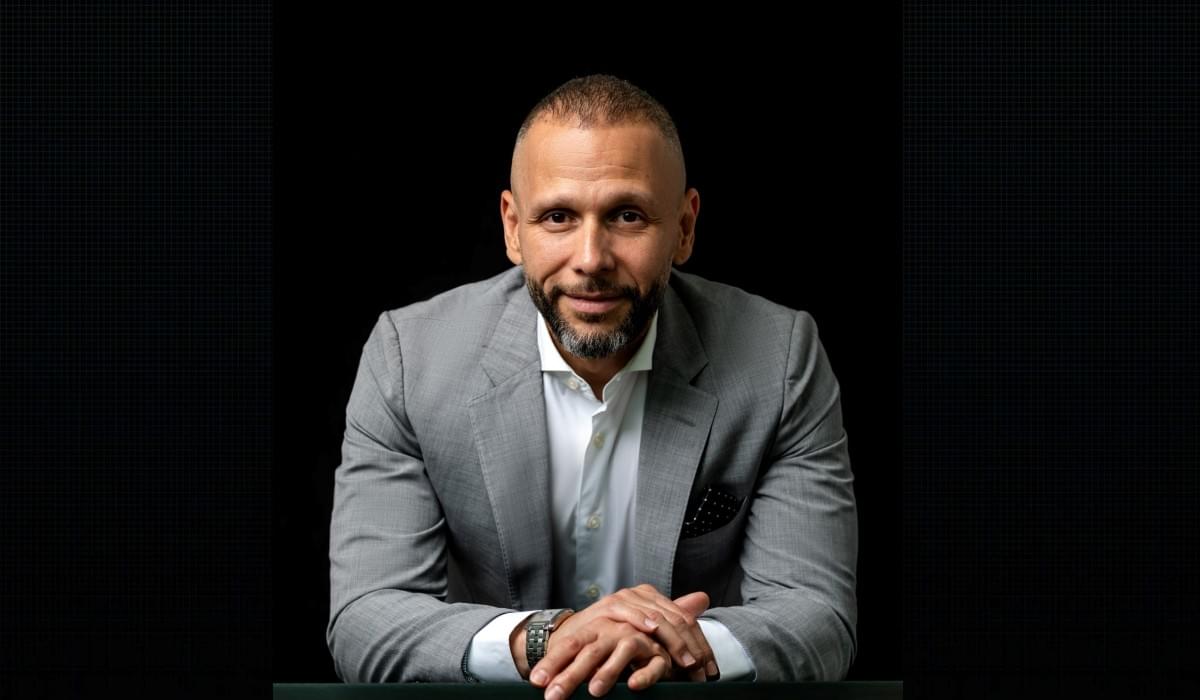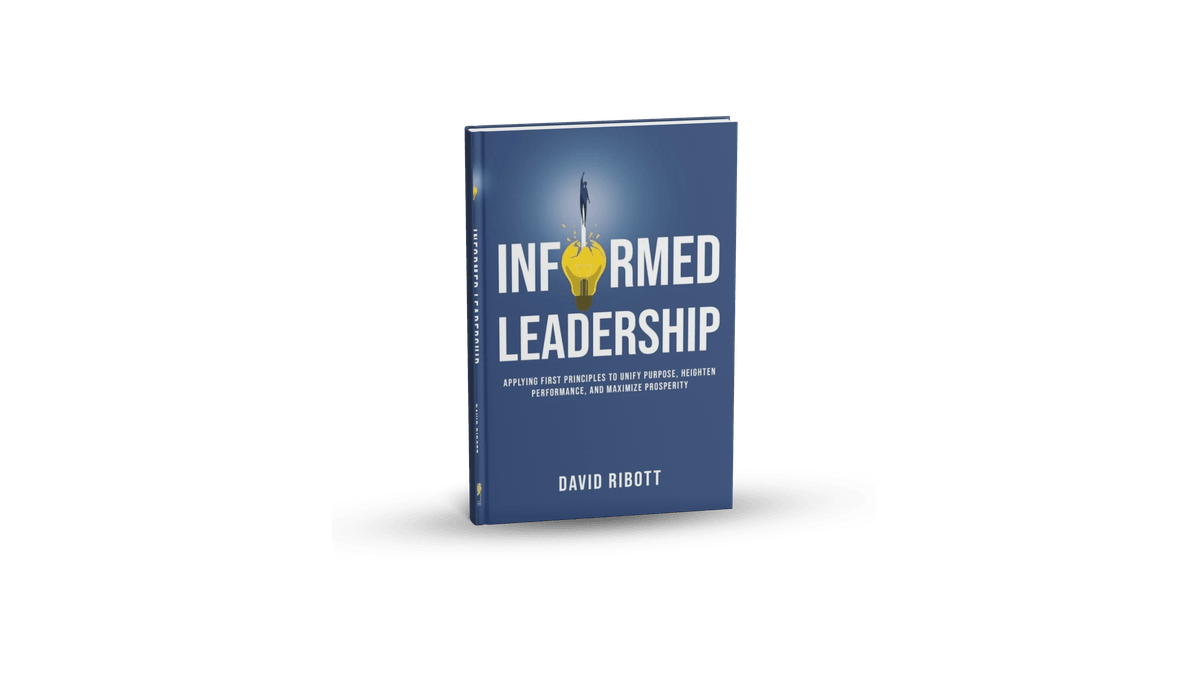Preparing the Next Generation of Leadership: Why David Ribott Is Changing How the UAE Thinks About Succession
Preparing the Next Generation of Leadership: Why David Ribott Is Changing How the UAE Thinks About Succession

Succession is one of the most defining moments in a company’s life cycle. But in boardrooms across the UAE, it’s often handled like an HR task—simple on paper, destabilizing in practice. David Ribott knows that succession isn’t just a question of who’s up next. It’s a question of what gets preserved, what gets reinvented, and what’s at stake if leadership transitions are mishandled. And for the last decade, he’s made it his mission to help companies get it right.
His lens on succession is shaped by more than boardroom experience. Ribott grew up in the South Bronx among a family of entrepreneurs, watching firsthand what happens when succession is ignored. Businesses closed. Tensions rose. Legacies were lost. “I’ve seen what happens when no one prepares for the handover,” Ribott says. “It doesn’t just dissolve the business. It fractures the family.” That personal history gave him a rare sensitivity to the emotional undercurrent of transitions—especially in founder-led and family-owned enterprises.
Before entering the corporate world, Ribott found discipline in sports. A former semi-pro athlete, he built his understanding of performance on structure, pressure, and feedback—principles that now underpin his approach to executive coaching. He began in academia, studying leadership development, but quickly realised a gap: unlike athletes, senior executives were often expected to perform at the top without structured support. That realization led him to launch Ribott Partners, a boutique advisory firm focused on leadership transition, board effectiveness, and founder succession.
Ribott’s succession work doesn’t start with a shortlist. It starts with a framework. His proprietary DRL3™ Model identifies readiness, maps invisible dynamics, and engineers transitions that hold up under pressure. “Many organisations confuse performance with preparation,” he explains. “Being good at a current role doesn’t mean you’re ready to lead the whole system.” One case involved a Gulf-based family business that named a successor early—but failed to back them. The board grew hesitant. The team held back. Ribott was brought in to reset expectations, create a development plan, and re-establish alignment. The business regained stability, and the successor earned the role over time.

As Abu Dhabi positions itself as a global economic hub, the question of who leads next—and how—is more urgent than ever. Family firms are facing generational shifts. Fast-scaling enterprises are expanding globally. Governance expectations are evolving. Ribott is helping organisations meet that moment with intention. “Succession is one of the few decisions that shapes both the future and the past,” he says. “When done well, it strengthens legacy. When done poorly, it undoes it.” His clients span multinationals, government-backed entities, and family offices across EMEA and APAC. What they share is a desire to lead better—and leave stronger.
Later this summer, Ribott will release Informed Leadership, a book drawn from years of coaching CEOs and boards through transitions that mattered. Far from theoretical, the book shares behind-the-scenes stories, common traps in succession, and the core tools Ribott uses in his work, including the DRL3™ Model and Executive Effectiveness Profiles. “This isn’t a leadership book. It’s a decision-making book,” he says. “For people in the room, under pressure, making choices that carry weight.” Already circulating in pre-release among board chairs and leadership teams, the book is poised to shift how succession is approached in the region.
For Ribott, leadership is not about being the loudest voice or the most confident speaker. It’s about being ready. And in succession, readiness isn’t just about the person stepping in. It’s about the system they’re stepping into. What makes his work different is its depth. Ribott helps organizations design not just the next appointment—but the conditions for success. “The real legacy of a leader,” he says, “is the strength of the person who comes after you—and what they’re able to carry forward.” In a region that’s betting big on its future, David Ribott is making sure those bets are backed by leadership that’s not just named—but prepared.
